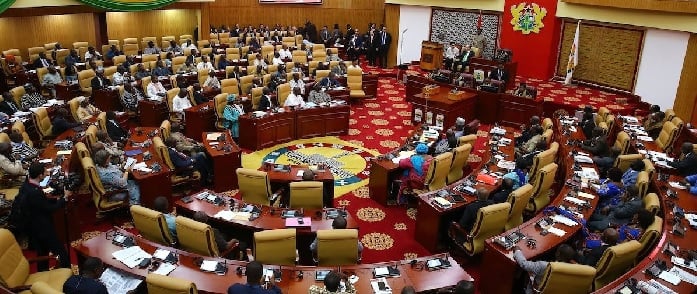Ghana, Africa’s leading gold exporter, is poised to revolutionize its gold sector with the introduction of the Ghana Gold Board Bill. This landmark legislation aims to consolidate and streamline the currently fragmented gold trade system, addressing persistent challenges such as revenue leakage, illicit smuggling, and a lack of value addition within the country. While Ghana generated a substantial $11.5 billion from gold exports in 2024, with a near-even split between small-scale and large-scale mining operations, the government believes the current framework limits the nation’s potential to fully capitalize on its gold resources. The proposed Bill seeks to rectify this by establishing the Ghana Gold Board as the central regulatory authority, thereby maximizing revenue generation and ensuring sustainable growth within the sector.
The current system suffers from a lack of coordination, with multiple entities like the Bank of Ghana, the Minerals Income Investment Fund, and the Precious Minerals Marketing Company operating independently. This fragmented approach has created loopholes exploited by illegal operators, leading to significant revenue losses through smuggling and weak export controls. Moreover, Ghana has primarily relied on royalties and taxes from gold production, missing out on the potentially greater profits derived from direct participation in the gold trade itself. The Ghana Gold Board Bill addresses these weaknesses by centralizing the buying, selling, refining, and exporting of gold under a single, well-regulated entity.
The Ghana Gold Board, upon establishment, will assume sweeping powers across the gold value chain. It will be the exclusive buyer of gold from small-scale miners, a sector currently plagued by informality and vulnerability to exploitation. This controlled purchasing mechanism aims to eliminate illicit buying channels and ensure fair pricing for small-scale miners while simultaneously curbing smuggling. Furthermore, the Board will regulate all gold exports, implementing stringent quality control measures and promoting local value addition through refining and processing, thereby transforming Ghana from a primarily raw gold exporter into a player in the higher-value segments of the gold market.
A key element of the proposed restructuring involves absorbing the functions of the Precious Minerals Marketing Company into the Ghana Gold Board, effectively consolidating gold trade under a single umbrella. This integration will streamline operations, create greater transparency, and enhance the enforcement of responsible sourcing and export regulations. The Bill also proposes amendments to the existing Minerals and Mining Act, 2006 (Act 703) to align it with the new regulatory framework, ensuring consistency and legal clarity across the sector. These combined measures are intended to strengthen Ghana’s control over its gold resources, reducing losses and maximizing economic benefits.
The Ghana Gold Board will be governed by a thirteen-member Board of Directors, composed of representatives from key government ministries, the Bank of Ghana, the Minerals Commission, and the mining industry itself. This diverse representation aims to ensure balanced decision-making and incorporate the perspectives of all stakeholders. A Chief Executive Officer, appointed by the President, will be responsible for the day-to-day operations of the Board. In terms of financial sustainability, the Board is empowered to generate revenue through service fees, penalties for non-compliance, and strategic investments. It will also have the authority to secure loans and other forms of funding to support its operational needs and expansion plans.
Ultimately, the creation of the Ghana Gold Board signifies a crucial step towards realizing the full economic potential of Ghana’s gold resources. By centralizing and regulating the trade, the government aims to significantly reduce illicit activities, increase revenue streams, and ensure that all gold produced within the country is properly accounted for and contributes to national development. This enhanced transparency and control will not only boost investor confidence but also improve Ghana’s access to international bullion markets, positioning it as a major player in the global gold trade. The Bill, having undergone its first reading in Parliament, now awaits further deliberation before a final decision on its enactment is made, marking a potentially transformative moment for Ghana’s gold mining sector.














